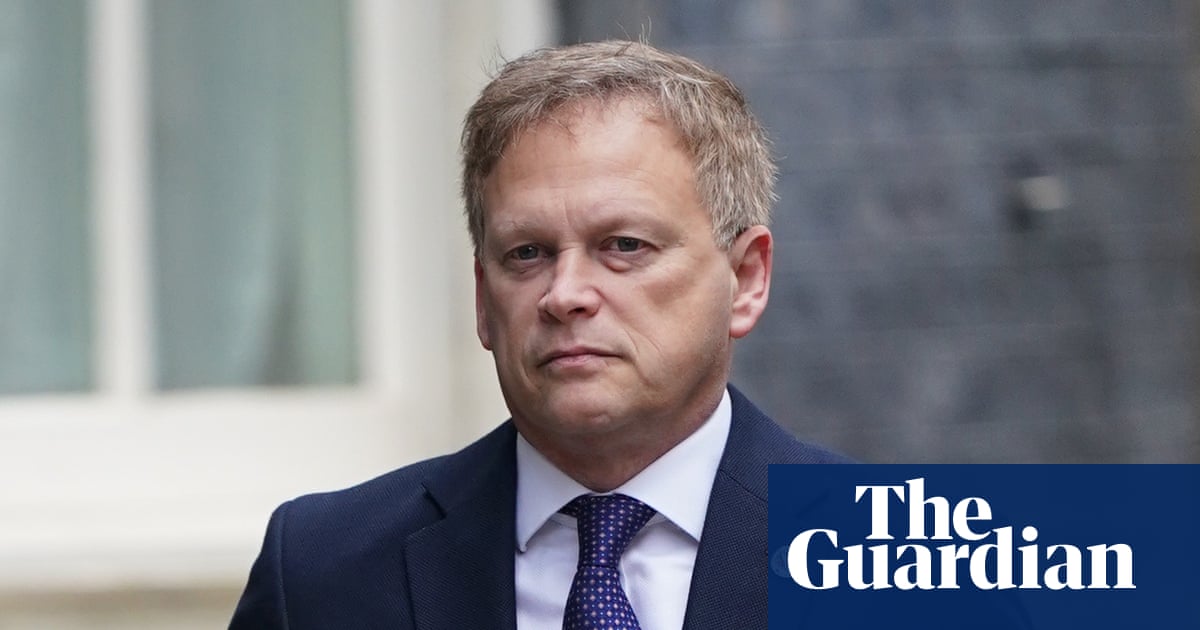
In a high-profile move, former Defence Secretary Grant Shapps has joined Cambridge Aerospace as its chair, sparking debates about ethics and potential conflicts of interest. The decision has been green-lit by the UK’s Advisory Committee on Business Appointments (Acoba), with the stipulation that Shapps avoids defence-related matters.
Behind the Role: Shapps at Cambridge Aerospace
Cambridge Aerospace, a company founded three months after the 2024 general election, aims to revolutionize aviation technology. According to Shapps, the company’s primary objectives include mitigating risks to civilian aviation — focusing on solutions to issues such as drone interference at airports.
In its review, Acoba concluded that Cambridge Aerospace’s focus is on civilian aerospace rather than defence, which they claim limits the potential for conflicts of interest. However, some political ethics experts remain unconvinced, citing the company’s public presentations that describe it as a “defence tech” company. For instance, their flagship product, Skyhammer, is designed to address aerial threats like drones and cruise missiles, drawing comparisons to Israel’s Iron Dome.
The Controversy and Criticism
Despite Acoba’s confidence in the arrangement, opposition voices, such as Labour MP Phil Brickell, have criticized the decision. Brickell claims that Shapps’ involvement in a company with defence-related capabilities conflicts with his prior role as Defence Secretary, even with Acoba’s guardrails.
This criticism intensifies in light of Cambridge Aerospace’s investor presentation revealing plans to prepare for “a new era of warfare.” While the company asserts a dual focus on aviation safety and national security, their products’ capacity to intercept ballistic and hypersonic missiles emphasizes the blurred lines between civilian and defence-oriented objectives.
Ethical Oversight: Is Acoba Enough?
A key part of this debate revolves around the effectiveness of Acoba. Established to monitor ministers’ transitions into the private sector, Acoba has come under fire for its inability to enforce its rulings. Critics, including Transparency International and Labour leader Keir Starmer, argue that stricter enforcement mechanisms are necessary to prevent conflicts of interest and ensure public trust.
Starmer has proposed replacing Acoba with an independent body with greater powers to oversee post-ministerial appointments, creating a system that prioritizes accountability and limits the influence of “gentlemen’s agreements.”
Technology with High-Stakes Impact
Cambridge Aerospace has received significant investor backing, raising $100 million to fast-track its projects. Co-founders Steven Barrett and Chris Sylvan are committed to addressing the growing threats from the air, inspired by the lessons of Ukraine’s defense challenges. The company has already employed nearly 60 engineers and plans for further manufacturing expansion in Poland and Germany.
Barrett stated, “The increasing threats to civilian and infrastructure targets demonstrate the need for affordable, robust defensive technologies. At Cambridge Aerospace, we aim to bridge that gap efficiently.”
Related Recommendation: Home Drone Security Solutions
If drone safety is a concern for your home or business, consider the DJI AeroShield Drone Protection System. As a market leader in drone solutions, DJI offers reliable systems for detecting and managing drone activity to protect private spaces and property.
Looking Ahead
Grant Shapps’ new role highlights critical questions about post-government transitions, private sector relationships, and the future of regulatory oversight in the UK. The broader implications of this move are a striking reminder of the importance of transparency and accountability in public office transitions.






